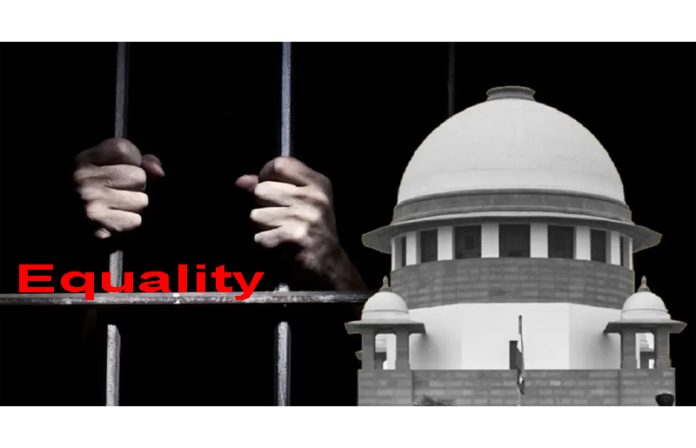The Supreme Court judgement banning caste-based discrimination in prisons marks a watershed moment in the fight for human dignity and equality. In a far-reaching ruling, the court declared unconstitutional several discriminatory provisions in prison manuals across ten states, firmly condemning practices rooted in India’s caste system that have pervaded even the most confined spaces of society. This verdict is a critical step towards dismantling centuries of structural bias that continues to haunt India’s post-colonial era. This judgement has recognised that the right to live with dignity extends even to the incarcerated. The decision rightly points out that while prisons are places of confinement, they should not be instruments of degradation or tools to perpetuate an oppressive hierarchy. The practice of assigning prisoners manual labour or barracks based on their caste, as cited in the judgement, is a stark violation of fundamental rights. As the court rightly observed, such biases mirror the caste hierarchies outside prison walls and violate Articles 14, 15, 17, and 21 of the Constitution.
The Bench of SC went beyond merely quashing these regressive provisions. They directed the Centre and states to amend their prison manuals within three months, thus ensuring compliance with the ruling. The deletion of caste references in prison registers represents an important symbolic and practical step towards erasing the remnants of institutionalised casteism within the criminal justice system. It is significant that the court also extended its judgement to habitual offenders and de-notified tribes, communities historically stigmatised and subjected to routine harassment. The directive to revise prison rules and the Model Prison Manual, 2016, reflects a much-needed evolution in the legal framework governing prisons, aligning them with the constitutional values of equality and human dignity. This ruling stands as a timely call for broader social reform. Prisons, as microcosms of society, must be spaces where individuals can retain their inherent dignity, regardless of their caste or background. While laws can change policies, society must also shed its entrenched biases for this ruling to have a transformative effect.
Trending Now
E-Paper


